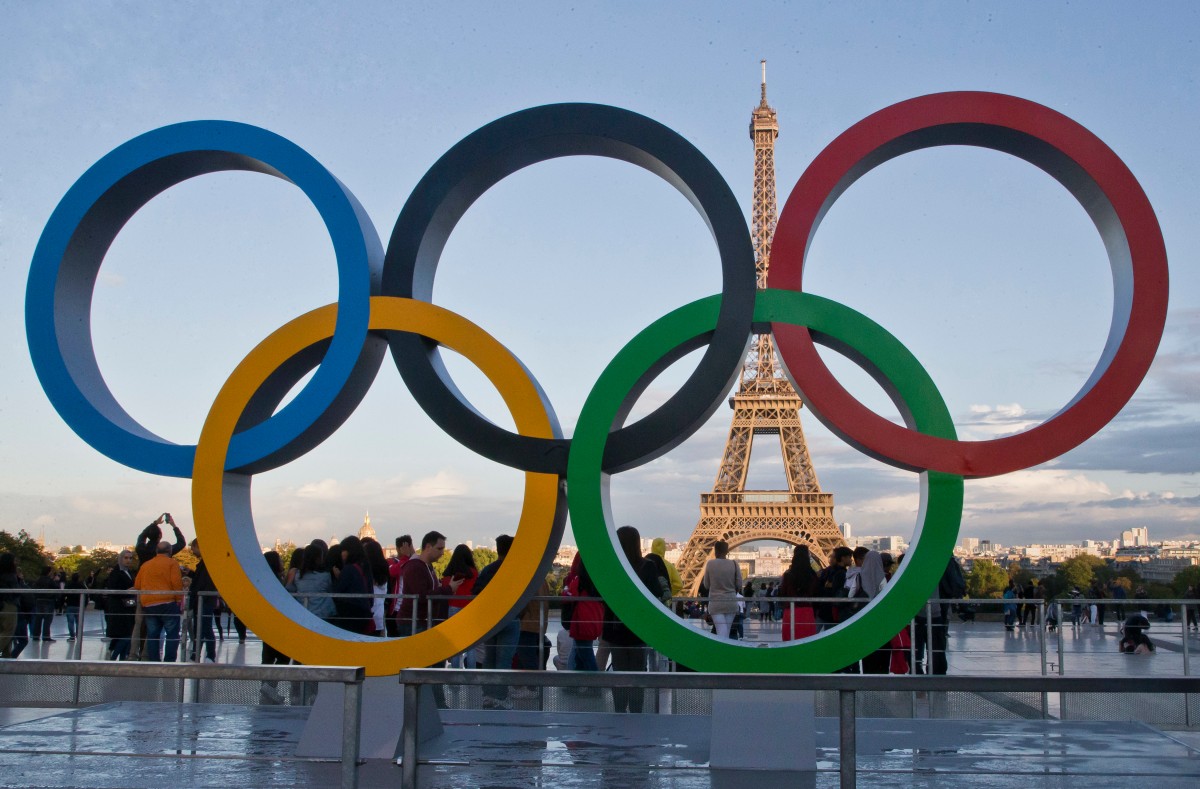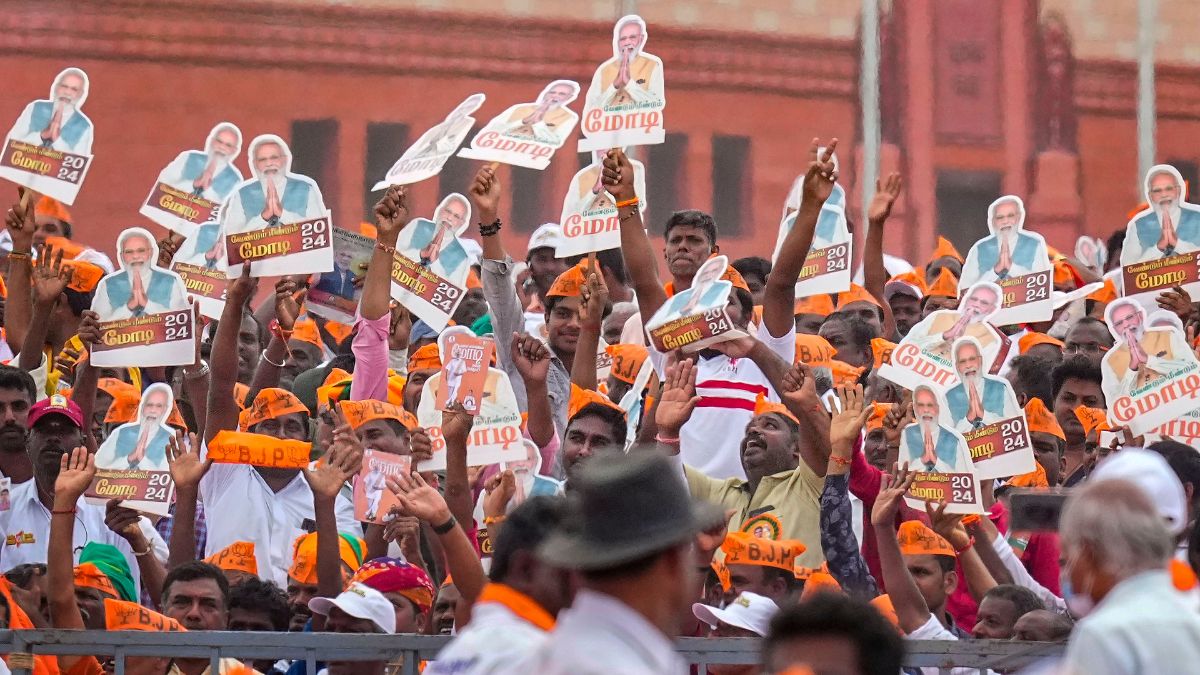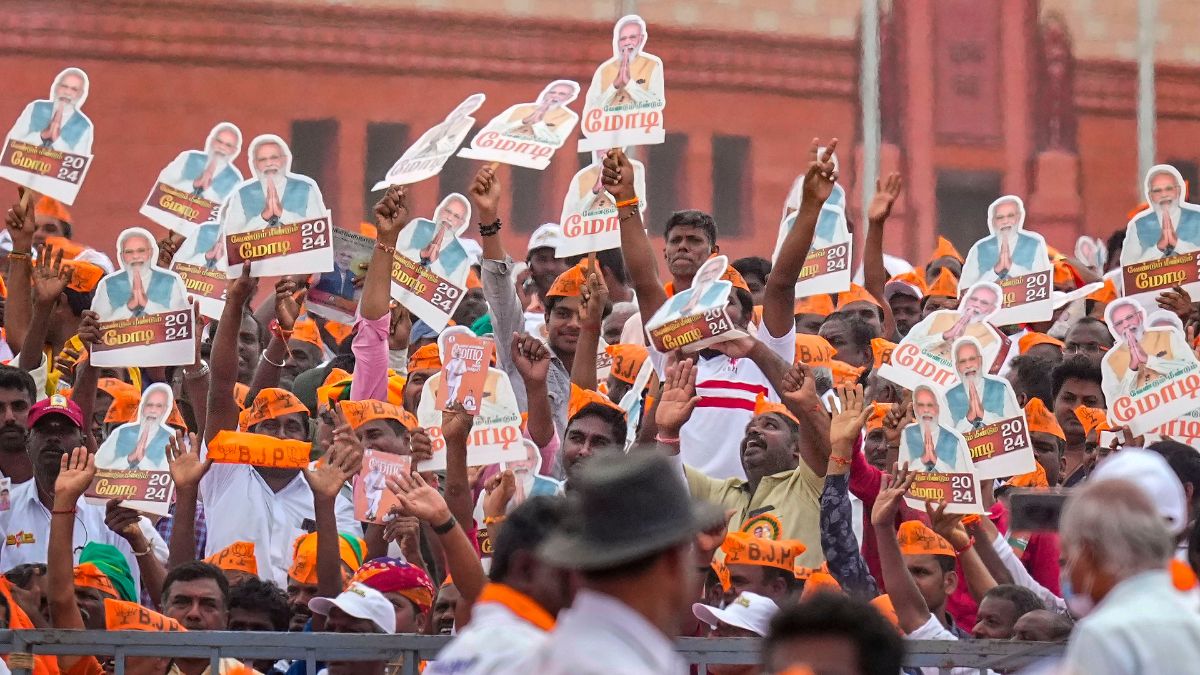KUALA LUMPUR Leaks of confidential doping data threw global athletics into chaos on Sunday, after a newspaper and a broadcaster said a third of medals in Olympic and world championship endurance races from 2001-2012 were won by runners with suspicious blood.
Britain’s Sunday Times and Germany’s ARD/WDR broadcaster said they had obtained the secret data from the vaults of the global athletics governing body, the IAAF, supplied by a whistleblower “disgusted” by the extent of doping.
The news organisations said they had shown the data to two experts, who concluded that track and field endurance events were in the same dire state as cycling had been at the peak of a doping scandal that nearly destroyed that sport, when American Lance Armstrong was stripped of seven Tour de France victories.
“Never have I seen such an alarmingly abnormal set of blood values,” the Sunday Times quoted Australian doping expert Robin Parisotto, one of the two scientists that reviewed the data on behalf of the two news organisations, as saying.
“So many athletes appear to have doped with impunity, and it is damning that the IAAF appears to have sat idly by and let this happen.”
The IAAF did not immediately address the substance of the reports but said it was preparing a response and noted they were based on confidential information obtained without permission.
The World Anti-Doping Agency, a separate body set up in 1999 to coordinate doping investigations across global sport, said it was “very disturbed”.
The allegations “will, once again, shake the foundations of clean athletes worldwide,” WADA’s president Craig Reedie said at a session meeting of the International Olympic Committee in Kuala Lumpur, Malaysia.
“These are wild allegations, wide allegations and we will check them out and have that done with the commission as quickly as possible,” Reedie said.
The International Olympic Committee expressed confidence that WADA would get to the bottom of the allegations.
The allegations concern techniques used to improve the ability of blood to carry oxygen to cells, which can give an advantage to competitors in events where endurance is critical, like long distance cycling, or, in the case of athletics, running over medium and long distances.
The Sunday Times and ARD said they were given access to the results of over 12,000 blood tests provided by more than 5,000 athletes between 2001 and 2012. More than 800 of the athletes had recorded one or more “abnormal” results, defined as a result that had less than one chance in 100 of being natural.
Between them, those athletes accounted for 146 medals at top events, including 55 golds, according to the data. Russia accounted for by far the most suspicious results, with 415 abnormal tests, followed distantly by Ukraine, Morocco, Spain, Kenya, Turkey and others.
“A remarkable 80 percent of Russia’s medal winners had recorded suspicious scores at some point in their careers,” the Sunday Times said. It said results were clean for a number of top athletes, including Britain’s 2012 Olympic double gold medallist Mo Farah, Jamaican sprinter Usain Bolt and British heptathlete Jessica Ennis-Hill.
“ZERO TOLERANCE”
The allegations are likely to overshadow the biennial world athletics championships, which begin in 20 days in Beijing.
The IAAF said in a statement the allegations were largely based on analysis of its database of private and confidential medical data, “which has been obtained without consent.”
It said it would “reserve the right to take any follow up action necessary to protect the rights of the IAAF and its athletes”.
While he did not comment directly on the allegations, IAAF Vice President Sergey Bubka said after meeting WADA’s Reedie: “There will be zero tolerance, this is clear.”
“The IAAF is a very strong leader in the fight against doping. We will not stop the fight. If we need to change rules and regulations we will do it,” said Bubka, a Ukrainian pole vault champion vying with Britain’s Sebastian Coe to succeed Senegal’s Lamine Diack as the new boss of world athletics.
The allegations are the latest scandal to tarnish the multi-billion dollar world of global sport, following an ongoing corruption scandal in soccer.
Athletics are a central part of the only global sporting event that rivals the soccer World Cup in scale – the Olympics – which collect billions of dollars from sponsors like Coca-Cola, Panasonic, Visa and McDonald’s.
The IAAF, and its world championships later this month, count Adidas, Canon, Seiko and Toyota among its sponsors.
An independent commission chaired by WADA’s founding president Dick Pound is already investigating previous allegations of doping that implicate Russia, the IAAF, athletes, coaches, trainers, doctors and other members of athletes’ entourages, as well as an accredited laboratory based in Moscow and the Russian Anti-Doping Agency.
Reedie said the initial findings of the commission had been expected by September, but the new allegations meant the process could now take longer.
“I am very surprised by the numbers from the leak from the IAAF… I am sure they will want to look at it closely to determine the source,” he said. He emphasised that “athletes are innocent until proven guilty”.
International Olympic Committee spokesman Mark Adams said the IOC had “full confidence in our partners WADA”.
“It is up to the WADA commission to gather the evidence but we have full confidence in them.”
(Additional reporting by Nick Mulvenney in Sydney,; Editing by Peter Graff)
This story has not been edited by Firstpost staff and is generated by auto-feed.


)




)
)
)
)
)
)
)
)